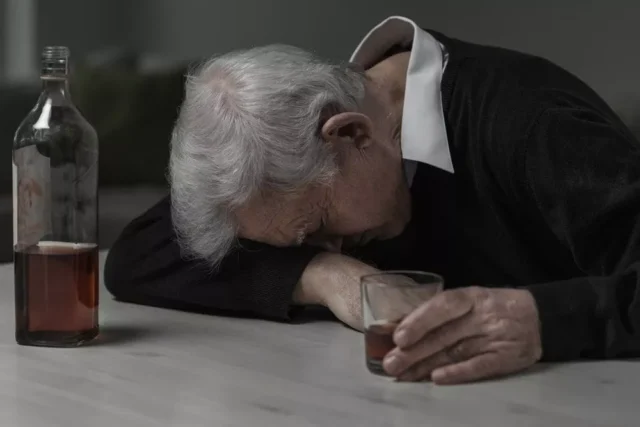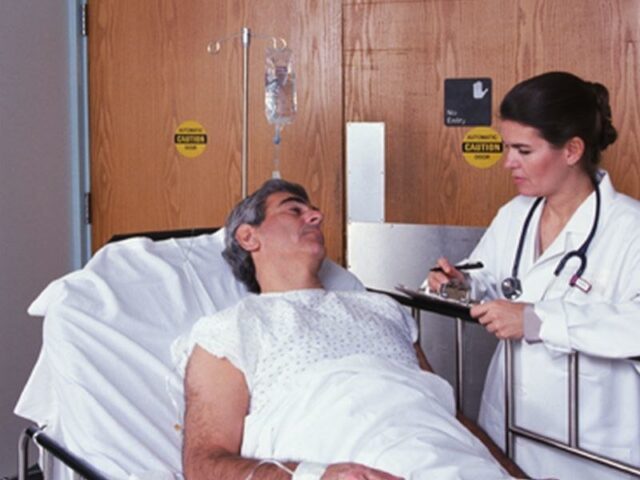
Addiction is a pervasive issue that affects people of all ages, but older adults are particularly vulnerable. As they age, the challenges and obstacles associated with addiction become more pronounced. While physical health concerns can present additional threats to their well-being, social isolation can also worsen substance abuse in elderly populations.
This article will explain how addiction manifests among seniors, how health issues interact with these struggles, and what loved ones or caregivers can do to support an elderly individual’s journey toward sobriety and recovery.
Acknowledging the Signs of Addiction in the Elderly

Addiction is an issue that can affect anyone, regardless of their age or background. However, in the elderly population, it can be particularly challenging to identify and treat. Older adults may be reluctant to acknowledge their substance abuse problem due to the perceived stigma associated with addiction or lack of awareness of the warning signs.
It is crucial to recognize the signs of addiction in the elderly, which may include changes in behavior, mood swings, and neglect of personal hygiene. Understanding how addiction can manifest among seniors, loved ones, and healthcare professionals can help address the issue and provide the support needed to overcome it. It takes a vigilant eye and willingness to ask difficult questions to help address potential addiction issues among our older loved ones.
Understanding Risk Factors for Substance Abuse in the Elderly
Risk factors for substance abuse in seniors depend on various factors, such as physical and mental health issues, access to available substances, and social isolation. For example, an elderly individual who is living alone may be more likely to turn to alcohol or drugs as a way of coping with loneliness. It is also essential to consider how older adults’ medication regimens can play into their risk for addiction. Taking multiple medications at once or having had significant changes to their prescription pattern could increase the chance of substance abuse.
Lastly, depression, anxiety, and other psychological disorders common among the elderly can increase the chances of self-medication with alcohol or drugs. Alcohol addiction treatment is essential to recovery, as this type of substance abuse can be hazardous in seniors.
Addressing Comorbid Conditions That May Accompany Addiction in the Elderly

When treating an elderly individual with a substance abuse problem, it is essential to consider any comorbid conditions that may be present. For example, seniors who suffer from chronic pain or depression may be more likely to self-medicate and thus put themselves at risk for addiction. Additionally, individuals with dementia may be particularly vulnerable to developing addictions, as they cannot understand the consequences of their behaviors.
It is also important to remember that physical health issues can interact negatively with addiction in older adults. As we age, our bodies become less capable of metabolizing substances like alcohol and drugs—this means that even small amounts of these substances can severely impact our health. Any treatment plan must consider both the psychological and physical aspects of addiction in seniors.
Dealing with Loneliness and Isolation During Recovery
Loneliness and social isolation can be a significant factors in addiction for elderly individuals. It is crucial to connect seniors struggling with substance abuse to sources of support, such as community organizations or friends and family members who can help them rebuild their social connections. It may include activities like joining support groups or finding ways to engage with others, such as volunteer work.
In some cases, additional assistance may be needed beyond the scope of traditional sobriety programs. For instance, if an elderly individual has no close family or friends who can check in on them regularly, seeking out mentorship opportunities or connecting with a case worker might prove beneficial during the recovery journey.
Seeking Professional Guidance and Support for Addiction Treatment in the Elderly

When it comes to addiction treatment, seniors have unique needs that must be considered. For this reason, seeking professional guidance and support is essential to ensure the best possible outcome for elderly individuals struggling with substance abuse. A doctor or mental health professional can help assess the individual’s risks and develop a comprehensive care plan that considers their physical and psychological needs.
In addition, family members should also seek out education about addiction and recovery resources for seniors, as well as any available support services in their area. It will help them better understand how to provide appropriate care for their loved one during this difficult time. Addiction among elderly individuals can be a complex issue, but recovery is possible with proper treatment and support.
Exploring Alternative Recovery Options to Reduce Relapse Risk
In addition to traditional addiction treatments, many alternative recovery options may be beneficial for elderly individuals who are struggling with substance abuse. For instance, participating in mindfulness or meditation practices can help reduce the risk of relapse and provide mental clarity during recovery. Exercise and diet changes can also promote physical and psychological wellness.
Exploring creative outlets such as art therapy or music therapy may prove helpful in terms of managing cravings and providing emotional relief. Finally, connecting with nature—going on walks outdoors or gardening—can help restore balance in the body and mind. Ultimately, any activity that promotes mental health and well-being will likely be beneficial during addiction recovery.









